

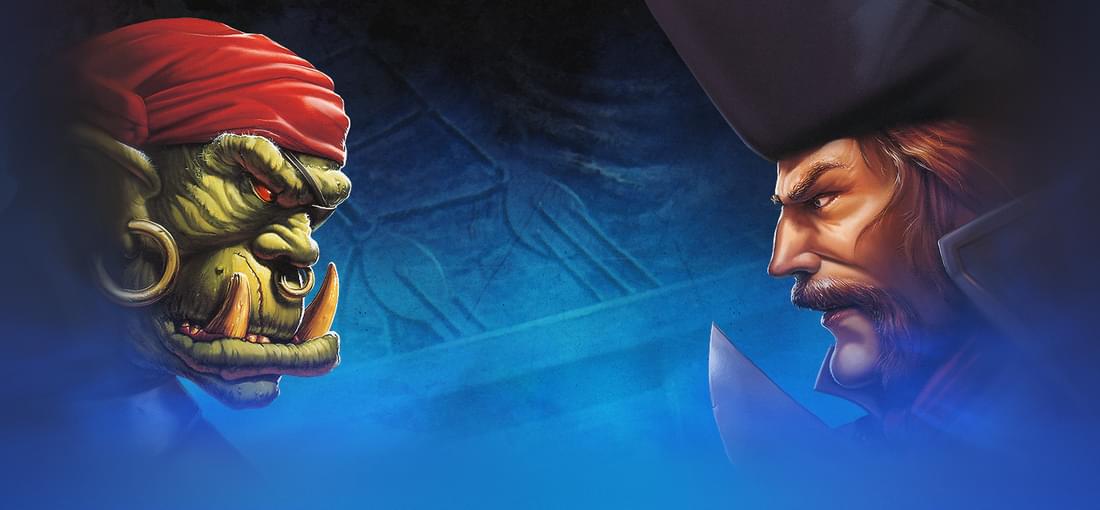
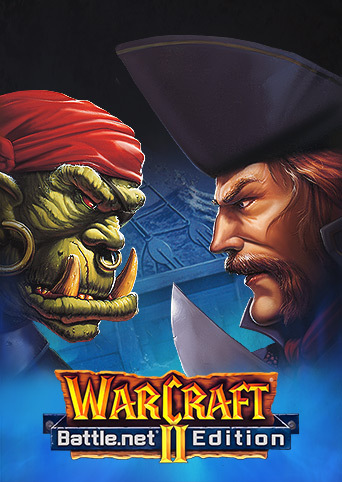
Despite the fact that there are still many great strategy games (real-time and otherwise) that have come out in recent years, there's something special about the RTS games of the 90's and early 2000's that most modern games haven't been able to capture in quite the same way. I can't quite put my finger on what that missing aspect might be, and perhaps it's my own nostalgia speaking, but the kind of games like Warcarft 1 - 3, the Command & Conquer series, Total Annihilation, the Age of Empires series, and many others of that time offer particularly fun, challenging, and cognitively engaging experiences. Warcraft II: Tides of Darkness and its expansion Beyond the Dark Portal offer one of the best RTS gaming experiences of the 90's. This is especially impressive when you consider that this game was released when the genre was still very young. The 2D graphics are colorful and charming, and adding heavily to the charm factor of the game is the voice acting (espeically from the Orcs) and storytelling. In this game you'll get to play two seperate campaigns, one being the Orcs and the other being the Humans (which includes Dwarves & Elves). Although both campaigns are similar in many ways, they still offer a wide variety of scenarios that will put your strategic management skills to many different entertaining tests. You'll want to have your workers build farms, storage facilities, barracks, buildings to process and refine the resources you gather, and you'll want your soldiers to invade and destroy enemy forces and structures. The means of battling enemy forces and scouting out the maps such as by land, sea, and air are gradually introduced throught the campaign, so you'll almost always be doing at least one new thing each mission. Now that the two original Warcraft games are on GOG, I strongly recommend that you buy both games (or at least the second game since the first one does not hold up as well) so you can remember the days when Bilzzard was a good gaming company.
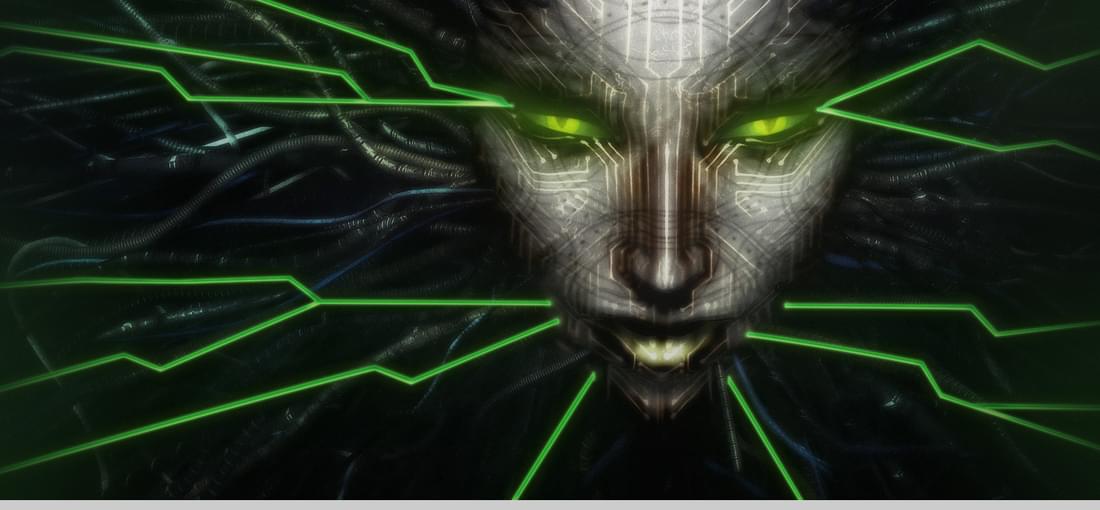
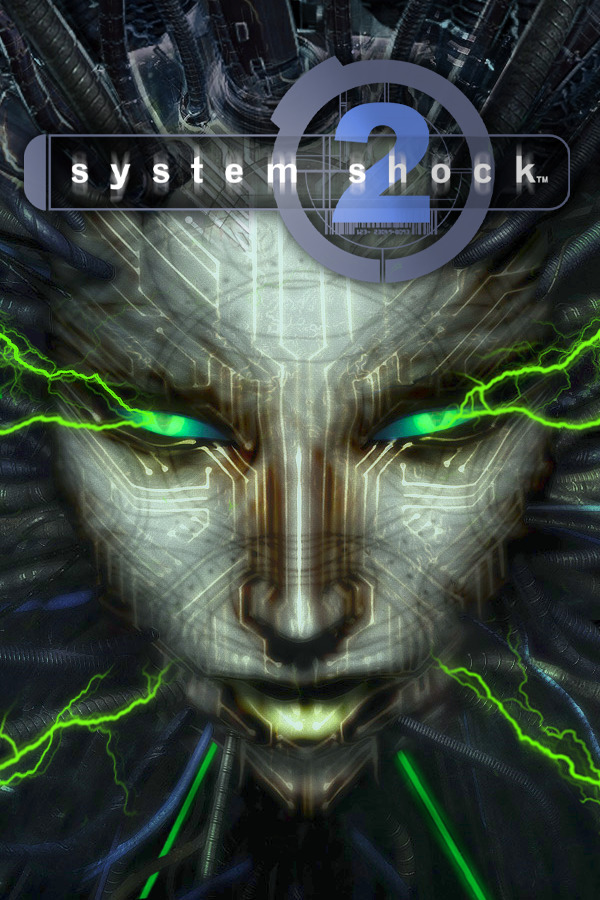
I would imagine that the worst thing for any developer to go through would be to have their game ignored. Looking Glass Studios and Irrational Games created a truly engrosing, atmospheric, and rewardingly challenging game when they developed SS2, but being sandwiched between the much more popular (at the time) Half-Life and Deus Ex, SS2 did not receive the attention or commercial success it deserved. As the years went on many people came around to recognizing the brilliance of this game, and for a game from the late 1990's it holds up incredibly well. For the 2 people out there who might not know SS2 laid the foundation for the Bioshock series, and in many ways SS2 surpasses the Bioshock games, particularly in challenge and RPG mechanics. It might seem odd, but SS2 is much more focused on building a character type and using different playstyles to navigate through the game. The player is forced to make meaningful and permanent decisions regarding which skills to invest cybernetic modules (aka: the game's version of experience points) into, which drastically alters the way that you will play the game on each playthrough. Attributes such as hacking, psionic abilities (i.e., sci-fi "magic spells"), physical strength, various weapon types (e.g., standard, energy, heavy, exotic), and miscellanious skills such as repair, maintenance, research, etc. must have cybernetic modules invested in them to increase their effectivness. This gives the game enormous reply value since a gun toating Marine will play through the game in drastically different ways than a OSA psionics expert for example. There's no getting around the fact that the look of the game has obviously aged, but I enjoy the graphics for the nostalgic factor alone since I grew up gaming primarily in the 1990's. So, if you're reading this and you're on the fence about purchaing this game, do it! It goes on sale relatively frequently, and it's more than worht your time if you enjoy challenging and atmospheric games,
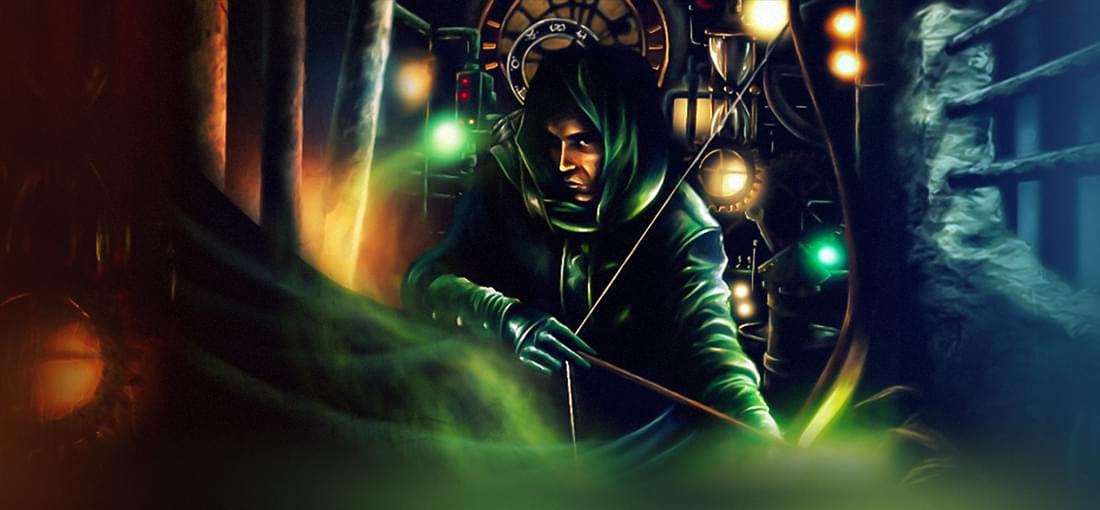
The first two Thief games are about as good as you could hope stealth games, or any other games for that matter, could be; Thief II refined the gameplay, story, and level design of the first, which without a doubt puts Thief II in my top 10 favorite PC games of all time. You young kids out there might scoff at the graphics and game engine, and I understand; it is old, and hasn't aged as gracefully as some other games of its time. Keep an open mind though, if you can accept that the development team did the best they could with the graphics considering the hardware limitations of the time, you will discover a sprawling world that you can truly get lost within. Garrett is actually a charming and likeable protagonist which should be commended since countless games both past and present feature severely underwritten characters, stories, and dialogue (except for most graphical adventure games as well as occasional highlights here and there in other genres.) The fact that these aforementioned aspects are so thoroughly and tastefully developed in the game is what keeps me coming back to it as much as the gameplay. Take my advise, try to avoid killing guards/adversarial NPCs in this game altogether whenever possible. Murdering everyone in sight is par for the course in most first person games, but in Thief games the real fun and the intended experience comes from stealthily sneaking past guards and potential threats in the shadows (watch that visibility gem!), finding all of the secrets tucked away in nooks and crannies within the environments, and pilfering as much loot as you can find in the process. Both of the original Thief games offer experiences which I feel everyone who is passionate about playing video games should go out of their way to play. The games have such a broad appeal, and if you can get past the dated graphics and engine, you'll be treated to utterly unique gameplay experiences as well as loads of fun. Thief II is, in my opinion, the most "pure" experience of the series, and definitely one of the most memorable experiences I've ever had with a video game.
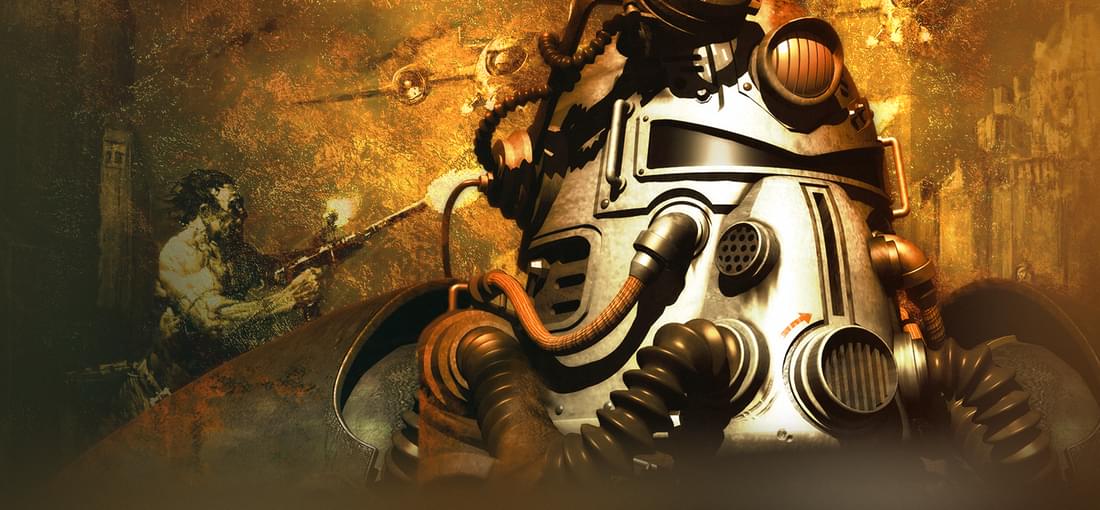
Planet earth is in bad shape right now; we are consuming natural recourses much faster than they can be replaced, deforestation for grazing cattle is causing rainforests (along with millions of species of plants and animals housed in them) to disappear, pollution and man-made chemicals are causing changes to our environment and bodies in ways we don't yet understand fully, and chemical waste dumping is acidifying our ocean to the point that species are dying off at an alarming rate. There are entire islands of garbage floating in our oceans at this very moment...just let that sink in. Considering all of this, along with the fact that nuclear arms manufacturing and testing is still occurring today, it is not terribly difficult to imagine that the fate of our own real life world might one day mirror the fate that befell the world of Fallout, assuming that we continue down the path we're on at present. Perhaps it is a bit farfetched to imagine the real world overrun with irradiated mutant humans who resemble the Hulk, radscorpions, whatever the hell Deathclaws are, and ghouls, but Fallout: A Post-Nuclear Role Playing Game makes this kind of world a load of fun to be part of. The game starts you out (after the awesome opening cut-scene with narration provided by Ron Pearlman) with a character selection screen; you can choose to play as one of three pre-made characters, but I strongly recommend building your own. Making your own character means that you get to control their stats, and by way of old-school RPG number management/distribution, you can create a character with totally unique abilities. Depending on how you choose to parcel out your "Skill Points", "Character Points" and "Tagged Skills", you can make a character that will have unique methods of playing through the game; will your character be skilled in sneaking by the dangers of the waste, a smooth-talking thief who talks his or her way out of confrontations, a gun-toting weapon expert who makes peace (or conversely, conflict) by neutralizing threats? These are just a few examples of the many ways that the game can be played, and it is to the developers' credit that they had enough talent to create a game that actually allows players to complete challenges in a variety of ways. Your character will almost certainly be skilled in a few things, mediocre in others, and pretty bad in yet other aspects, and this means that completely unique story and gameplay experiences are possible every time a new game is started. It is possible to be so charismatic and intelligent that you can talk your way through several major battles, and by contrast, you are also able to make a character that is so unintelligent that they won't be able to form sentences at all (I'm completely serious) which does make for some laugh out loud hilarious moments. Fallout, along with it's sequel, are true, pure role playing games in the most literal sense imaginable, which is something that is absolutely lacking in a lot of modern games. Don't get me wrong, I do enjoy the new Fallout games to varying degrees, but I feel that the first two games have a few things that the newer ones lack. There's a special magic in Fallouts 1 and 2 that I am completely enamored by...or maybe I'm suffering from radiation sickness, who knows? I hope we can find a way to alter the way we're draining our planet's recourses, stop killing/polluting literally all life on it, and avoid nuclear war; fighting irradiated beasts and humans is all well and good fun in Fallout, but being mauled to death by a Deathclaw in real life would probably suck.